Defender of Mariupol: "The Azovstal bunker, three storeys deep, was hit by Russian aerial bombs"
Схід SOS
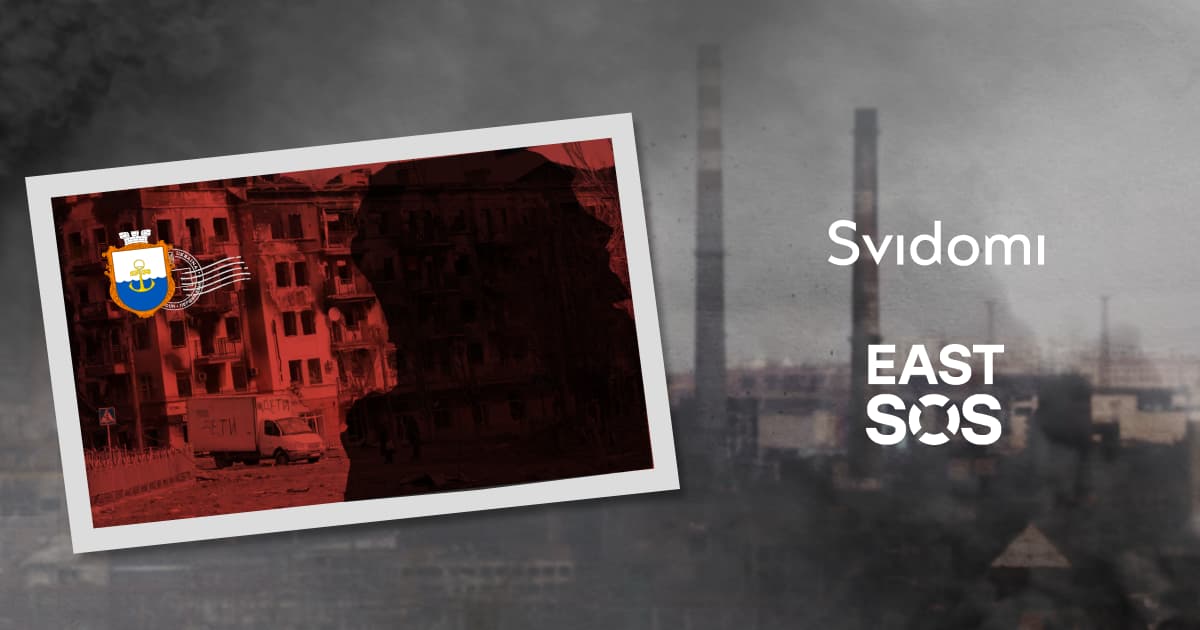
Renat Musaiev, the defender of Azovstal, was born and raised in Mariupol. In the spring of 2022, having lost two fingers and an eye, he spent about two months in the plant's bunker. Despite the deteriorating conditions, he chose not to leave due to concerns about possible imprisonment in Russia and a strong commitment to defending his city.
Below is the first-person narrative.
As a senior officer in the headquarters' operational division, I was involved in formulating the defence plan for Mariupol when the full-scale Russian invasion began. We meticulously strategised routes, identified key areas, and prepared tactics to safeguard the city in the event of an attack.
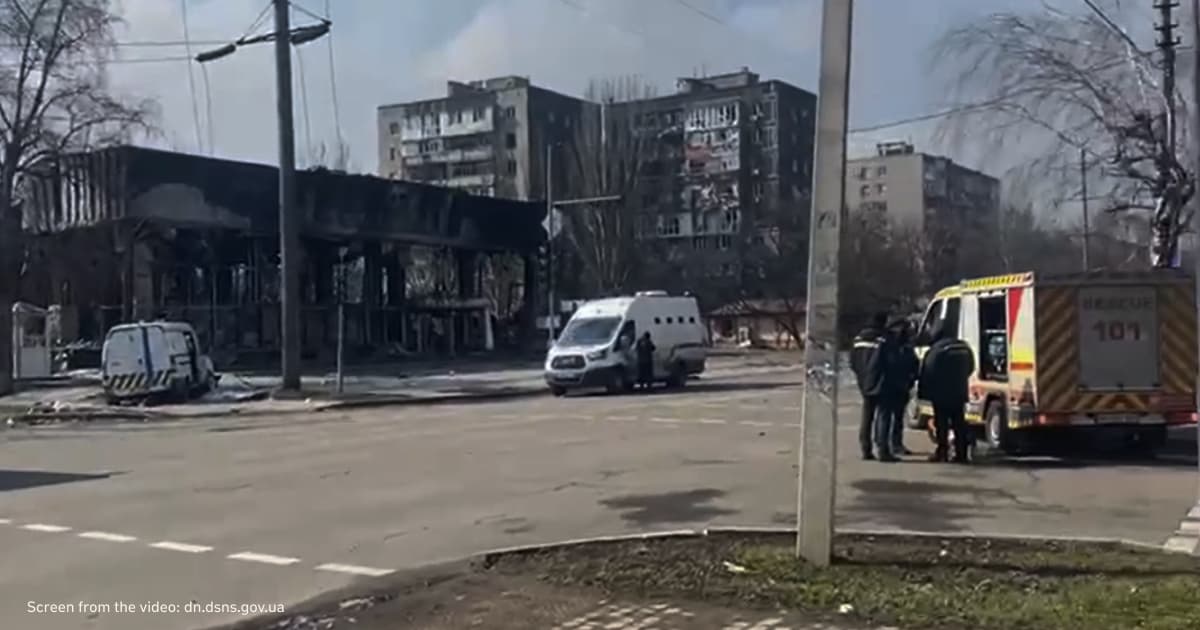
On February 24, 2022, while I was stationed with my military unit, the day commenced with a combat alert. There were reports that Russian planes were shelling one of the districts of Mariupol. Consequently, we swiftly relocated our headquarters to the Azovstal plant from another site.
Our vigilance continued until the end of February. Despite regulations against police involvement in warfare, our personnel patrolled the city, monitoring the shelling and air strikes on residential areas. We should not forget this and the work of the State Emergency Service rescuers who extinguished fires after the attacks.
During the occupation of Mariupol, there were civilians in the city. They often asked why we couldn't evacuate them, particularly directing inquiries to the city hall. But as the Russians entirely surrounded Mariupol, there were no viable means of evacuation. The absence of "green corridors" or escape routes posed insurmountable challenges. Negotiating safe terms for civilian evacuation, especially with the Russian forces, was extremely difficult. The Russian army's relentless use of aircraft, mortars and artillery shells bombed residential areas from places such as Yeisk, Taganrog and Rostov (Russia).
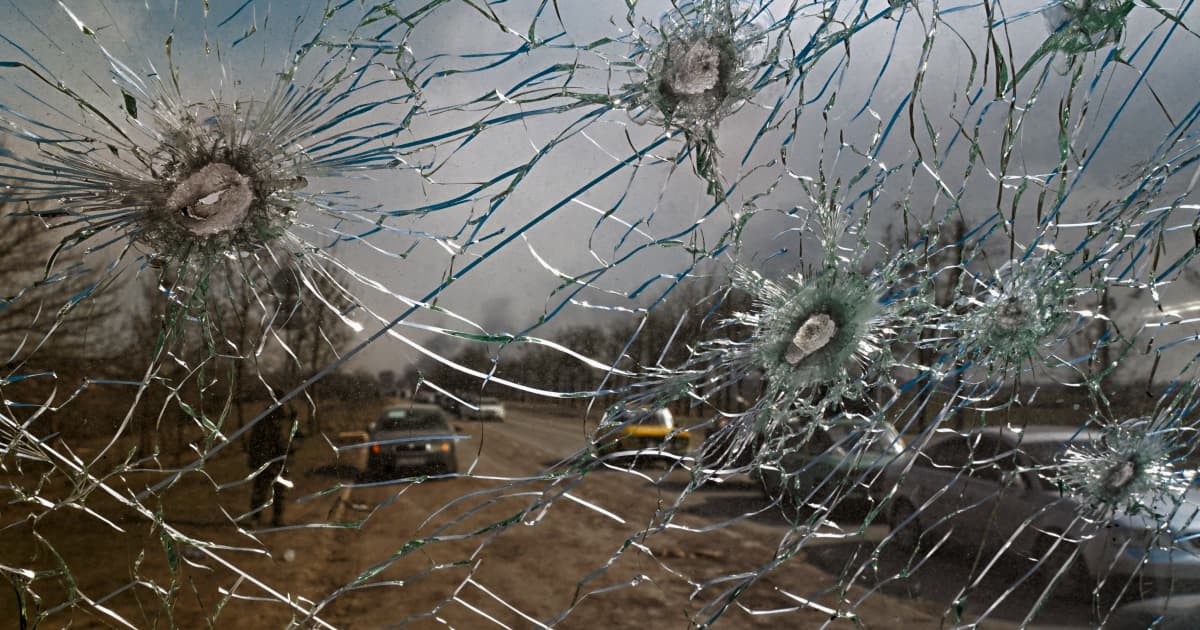
My initial encounter with Russian forces was near Kamiansk in early March, where I saw tanks, the so-called DPR, and the 801st Marine Corps. Despite the fear, I visited that place three times before eventually leaving due to security concerns.
While leading my comrades to Azovstal, an incident on the river caused injuries. An explosion occurred after 80% of the group had crossed, and I survived thanks to the heroism of one of my comrades. I got the second injury while crossing a bridge, where shrapnel caused severe injuries to my arms and legs and resulted in the loss of my fingers.
I was then taken to Azovstal, where I underwent surgery. I only remember the anaesthesia and the moment I woke up. The loss of two fingers and an eye was a deeply distressing and painful experience.
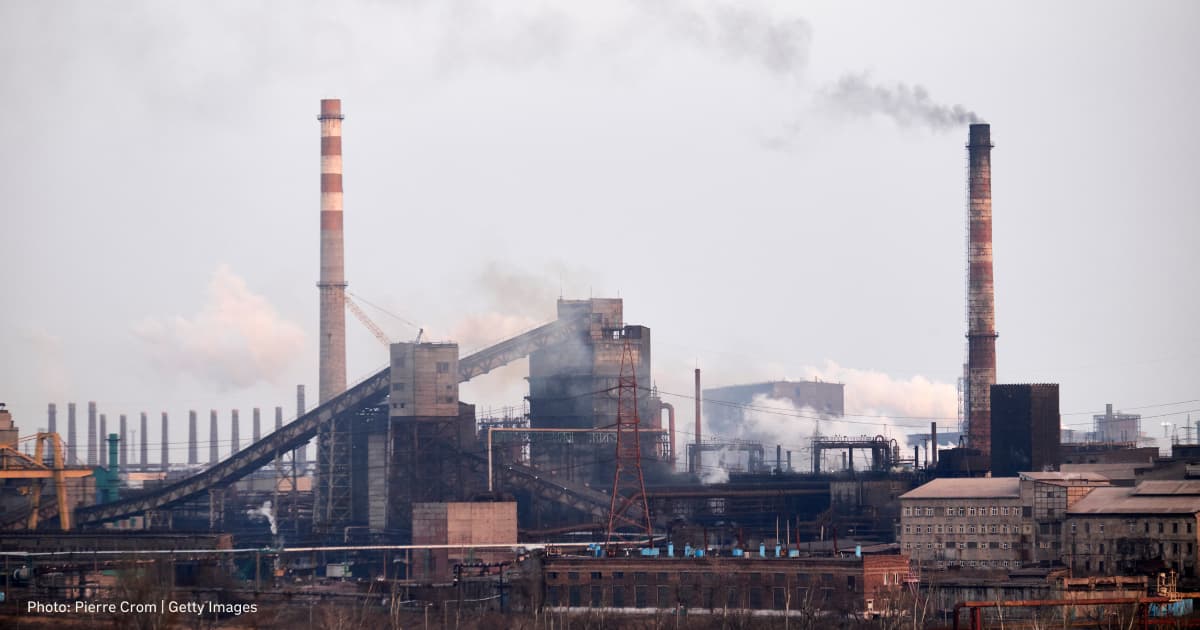
During my time at Azovstal, the surgical unit setup was hit right in front of my eyes. Later, a Russian bomb further devastated the area. That was the day of two deaths. They died just a few metres in front of me. There was rubble all around me. The bunker was three storeys deep.
To transport the dead from the battlefield to Azovstal, we used a large refrigerated lorry as a makeshift morgue. An air raid disrupted our plans for handling the bodies, scattering the body parts we had painstakingly collected.
My health deteriorated during my stay at the Azovstal hospital, and I lost 25 kilograms due to physical exhaustion. Scarce supplies and hunger plagued us, and despite periodic medication deliveries by helicopter, bandage replacements, required every three days, posed hygienic challenges, especially in a bunker under constant fire.
Subsequently, evacuation plans commenced. Initially hesitant due to concerns that the evacuation amounted to Russian imprisonment, I relented when the chief medical officer stressed the urgency of my deteriorating condition. Commander Redis (Denys Prokopenko) then prioritised the evacuation of the most seriously injured. On May 16, we finally left the Azovstal, and I saw the sky, the sun and green grass for the first time in a long time.
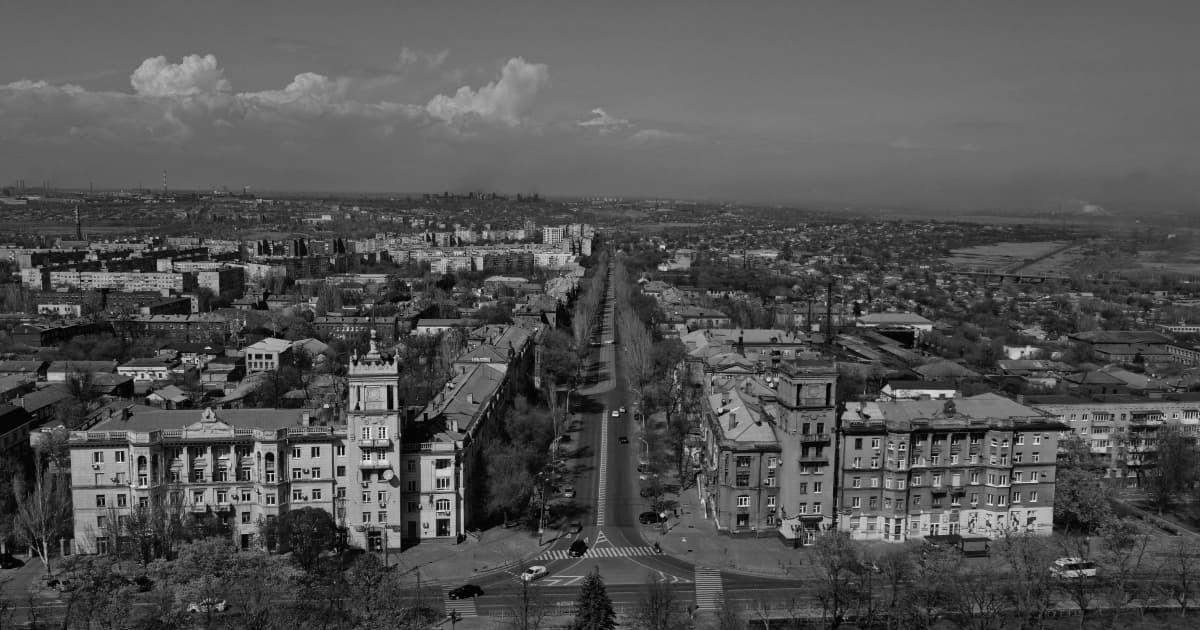
They brought us to the temporarily occupied Donetsk. The MGB (Ministry of State Security — ed.) and FSB (Federal State Security — ed.) interrogated us at least three times in the hospital. Once, the Red Cross visited us. After standing in the doorway for thirty seconds, one of the three workers asked if everything was all right before moving on.
They made an exchange, and I returned. The defence of Mariupol relied on one person – Redis. I was genuinely reluctant to leave the city. I like Mariupol a lot. Over the last two years, I've witnessed its rise to become one of Ukraine's greatest cities.
I really hope and believe that one day we will go back home.
The Vostok SOS Charitable Foundation, dedicated to collecting evidence of war crimes committed by Russian representatives, documented Renat's story. Tetiana Petrova and Nataliia Kaplun recorded, while Oleksandr Vasylenko penned the text.


